Purchasing a home is an exciting milestone in one’s life, but for many aspiring homeowners, securing a traditional mortgage can be a daunting task. However, there is a valuable alternative available to prospective buyers in the form of FHA loans. If you’re looking to finance your dream home and are curious about FHA loans, read on to discover what they are, who qualifies for them, and how they can benefit you.
FHA, short for the Federal Housing Administration, is a government agency established in 1934 as part of the National Housing Act. The primary objective of the FHA is to facilitate access to affordable housing for individuals and families, particularly those with limited financial resources or lower credit scores. One of the ways it achieves this is by insuring loans offered by approved lenders, reducing the risk for lenders and enabling them to provide more favorable terms to borrowers.
So, who qualifies for an FHA loan? The eligibility criteria for FHA loans are often more flexible compared to conventional mortgages. While specific requirements may vary slightly between lenders, there are general guidelines to consider. First and foremost, prospective borrowers must be U.S. citizens or legal residents. Additionally, they must demonstrate a steady income and be able to provide proof of employment or reliable sources of income. There is no specific income threshold, but lenders typically evaluate the borrower’s debt-to-income ratio to ensure they can manage the loan payments.
When it comes to credit history, FHA loans are known to be more forgiving. While a perfect credit score is not mandatory, borrowers should aim for a credit score of at least 580 to qualify for a down payment as low as 3.5%. However, even if your credit score falls below this threshold, you may still be eligible, but you will likely need to provide a larger down payment, typically around 10%.
An important feature of FHA loans is the relatively low down payment requirement. Unlike conventional mortgages that often require a down payment of 20% or more, FHA loans allow borrowers to put down as little as 3.5% of the purchase price. This significantly reduces the barrier to entry for first-time homebuyers or individuals with limited savings.
Another advantage of FHA loans is the ability to roll the closing costs into the loan amount. This feature can alleviate the financial burden of upfront expenses associated with home purchases. However, it’s worth noting that rolling the closing costs into the loan increases the overall loan amount and, consequently, the monthly mortgage payments.
Furthermore, FHA loans have flexible guidelines regarding the source of down payment funds. Borrowers can obtain the required funds from various sources, including personal savings, grants, or gifts from family members. This flexibility opens up opportunities for individuals who may not have substantial savings but have support from their loved ones.
FHA loans also offer protection to borrowers through mortgage insurance. Mortgage insurance is required on all FHA loans and serves as an added layer of security for the lender in case the borrower defaults on the loan. The borrower pays an upfront premium at the time of closing, and a monthly premium is added to the mortgage payment. It’s important to consider these insurance costs when calculating the overall affordability of the loan.
In summary, FHA loans are an excellent option for those looking to achieve homeownership but face barriers such as limited savings or lower credit scores. With flexible eligibility criteria, low down payment requirements, and the ability to include closing costs in the loan, FHA loans provide a viable path to owning a home for a wide range of borrowers.
If you’re considering an FHA loan, reach out to a reputable lender to discuss your options and determine your eligibility. Don’t let financial obstacles stand in the way of your dreams—FHA loans are here to make homeownership a reality.
#FHAloan #homeownership #affordable #firsttimehomebuyer #buyingahome #ownahome #FHA

